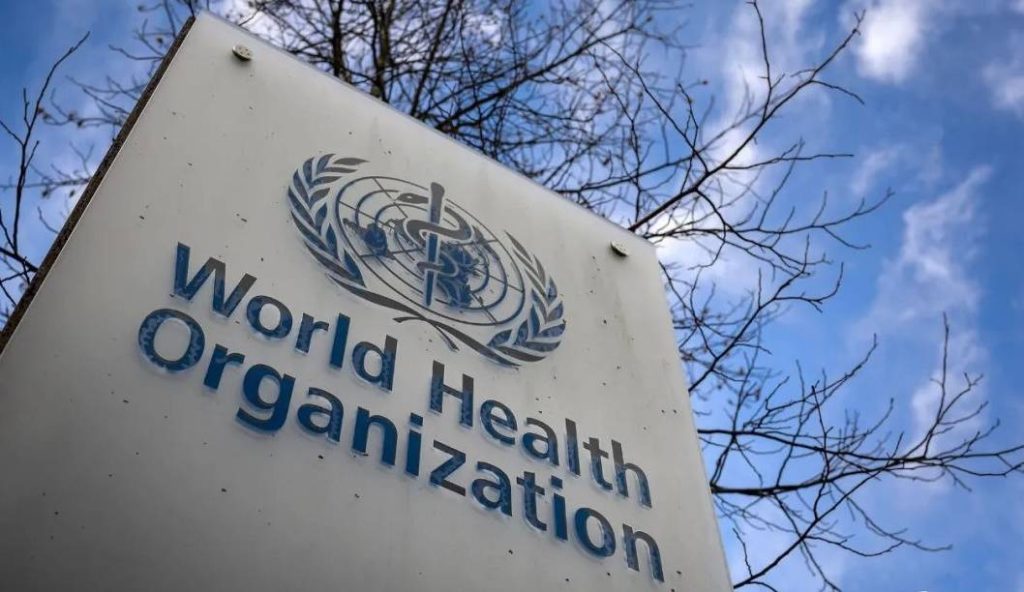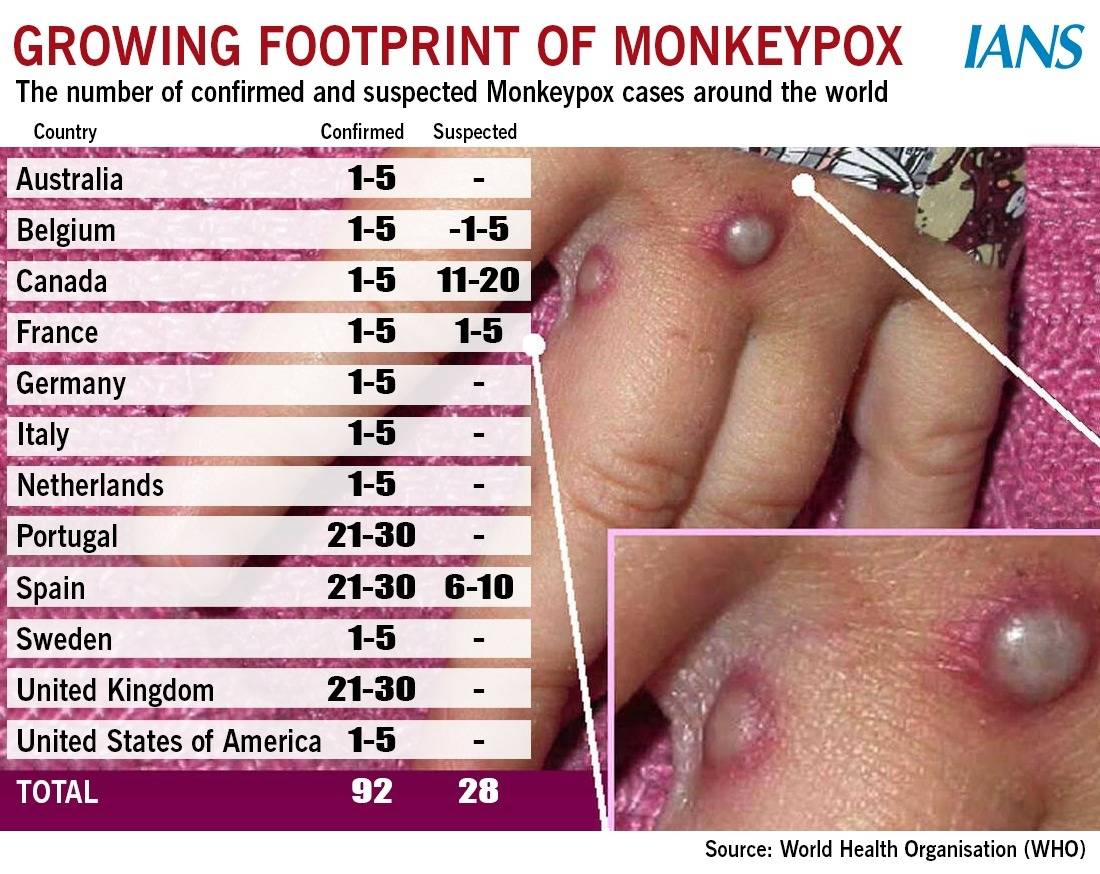Hopkins declined to confirm reports that one individual was in intensive care, but said the outbreak was concentrated in urban areas, among gay or bisexual men…reports Asian Lite News
Britain is seeing daily infections of the rare monkeypox virus that are unconnected to any travel to West Africa, where the disease is endemic, a health official said on Sunday.
The UK Health Security Agency (UKHSA) said new figures would be released on Monday, after it registered 20 cases on Friday.
Asked if community transmission was now the norm in Britain, UKHSA chief medical adviser Susan Hopkins said “absolutely.”
“We are finding cases that have no identified contact with an individual from West Africa, which is what we’ve seen previously in this country,” she told BBC television.
“We are detecting more cases on a daily basis.”
Hopkins declined to confirm reports that one individual was in intensive care, but said the outbreak was concentrated in urban areas, among gay or bisexual men.
“The risk of the general population remains extremely low at the moment, and I think people need to be alert to it,” she said, adding that for most adults, symptoms would be “relatively mild.”
The first UK case was announced on May 7, in a patient who had recently traveled to Nigeria. The disease is also spreading in Europe and North America.
Monkeypox can be transmitted through contact with skin lesions and droplets of a contaminated person, as well as shared items such as bedding and towels.
Symptoms include fever, muscle aches, swollen lymph nodes, chills, exhaustion and a chickenpox-like rash on the hands and face. They usually clear up after two to four weeks.
There is no specific treatment but vaccination against smallpox has been found to be about 85 percent effective in preventing monkeypox.
Education Secretary Nadhim Zahawi said the UK government had already started buying up stocks of smallpox vaccine.
“We’re taking it very, very seriously,” he told the BBC.
WHO expects more cases
The World Health Organization said it expects to identify more cases of monkeypox as it expands surveillance in countries where the disease is not typically found.
As of Saturday, 92 confirmed cases and 28 suspected cases of monkeypox have been reported from 12 member states that are not endemic for the virus, the UN agency said, adding it will provide further guidance and recommendations in coming days for countries on how to mitigate the spread of monkeypox.
“Available information suggests that human-to-human transmission is occurring among people in close physical contact with cases who are symptomatic,” the agency added.
Monkeypox is an infectious disease that is usually mild, and is endemic in parts of west and central Africa. It is spread by close contact, so it can be relatively easily contained through such measures as self-isolation and hygiene.
“What seems to be happening now is that it has got into the population as a sexual form, as a genital form, and is being spread as are sexually transmitted infections, which has amplified its transmission around the world,” WHO official David Heymann, an infectious disease specialist, told Reuters.
Heymann said an international committee of experts met via video conference to look at what needed to be studied about the outbreak and communicated to the public, including whether there is any asymptomatic spread, who are at most risk, and the various routes of transmission.
He said the meeting was convened “because of the urgency of the situation.” The committee is not the group that would suggest declaring a public health emergency of international concern, WHO’s highest form of alert, which applies to the COVID-19 pandemic.
He said close contact was the key transmission route, as lesions typical of the disease are very infectious. For example, parents caring for sick children are at risk, as are health workers, which is why some countries have started inoculating teams treating monkeypox patients using vaccines for smallpox, a related virus.

Many of the current cases have been identified at sexual health clinics.
On Friday, health authorities in Spain reported 23 new confirmed cases mainly in the Madrid region where the regional government closed a sauna linked to the majority of infections.
The total tally in Spain has now reached 30, while 23 confirmed cases have now been identified in neighbouring Portugal, where nine new cases were detected on Friday.

Leave a Reply